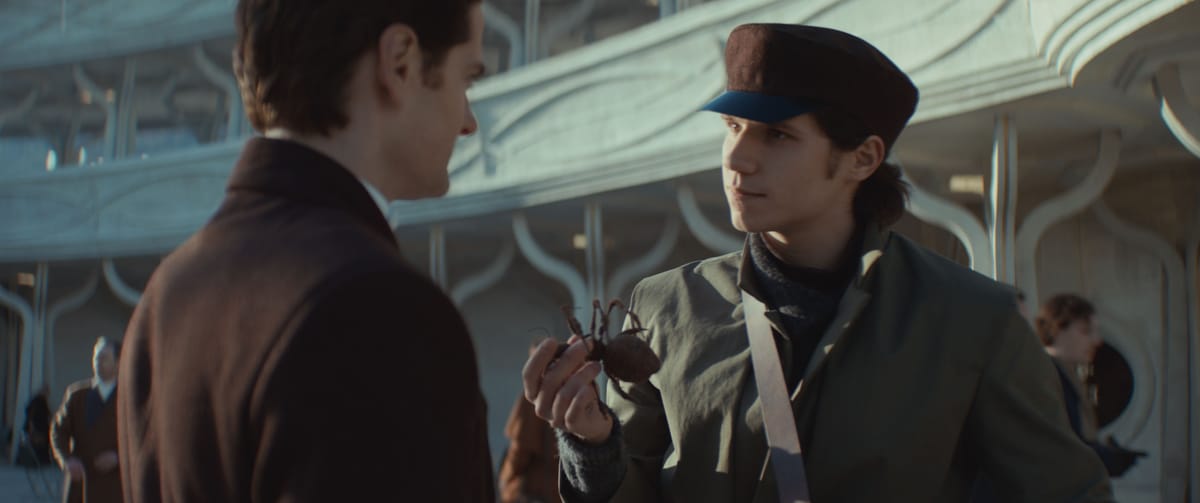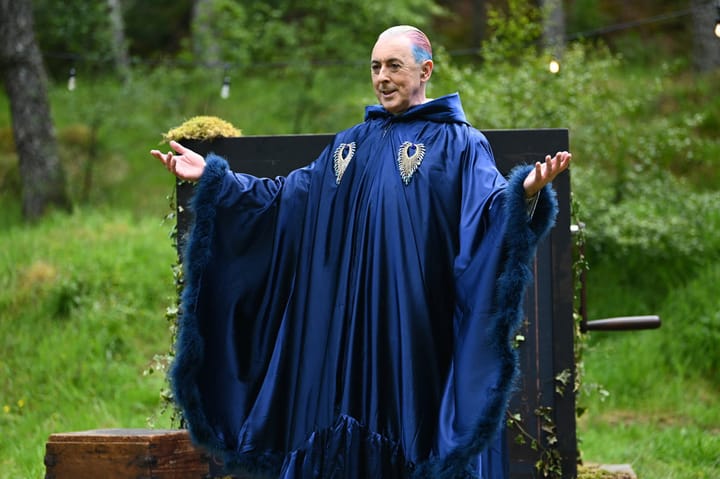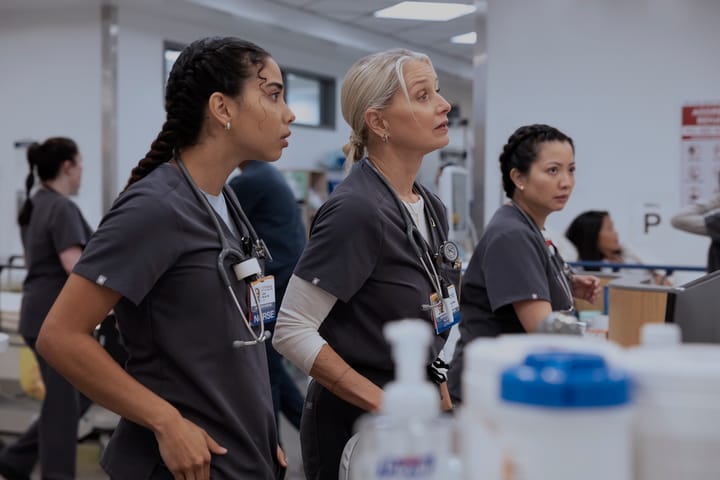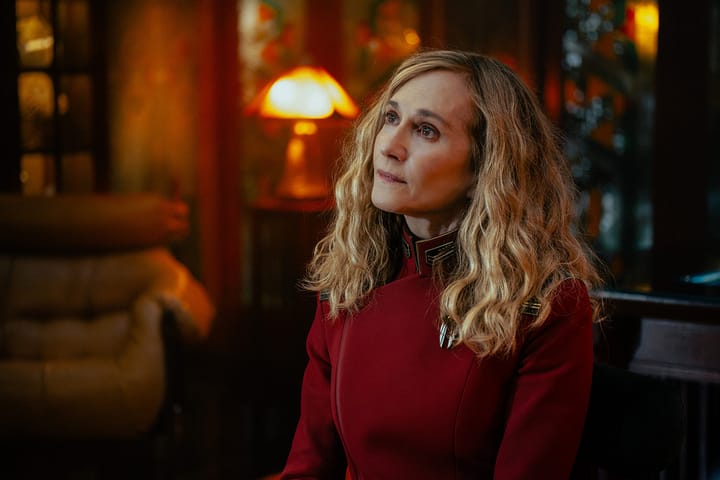Review: Andor, "Ever Been to Ghorman?," "I Have Friends Everywhere," & "What a Festive Evening" | Season 2, Episodes 4, 5, & 6
Syril Karn...welcome to the Resistance?

“Everyone has their own rebellion, right?”
When the original trilogy was created and released in the late 1970s and early 1980s, the historical resonance of the Star Wars series was not necessarily a huge talking point. Or, at the very least, the resonance of the 21st-century prequels was discussed much more emphatically, even in each trilogy’s contemporary context. Though I can’t recall offhand a lot of people acknowledging any thematic connections between fiction and the real world with The Phantom Menace at the time, by the time of the second and third prequels, George Lucas was being open about how the Iraq War and the U.S. push to control more of the Middle East was inspiring his depiction of how Anakin Skywalker turned into Darth Vader.
As fate would have it (no duel needed), it’s the 20th anniversary of Revenge of the Sith, which was re-released this past weekend to fairly impressive box-office returns. Unlike the box-office reporters desperately, unnecessarily putting asterisks next to the undeniable success of Sinners, I won’t put any caveats to the film doing so well at the theaters, nor to the unavoidable historical familiarity. Here is a story about a cruel, selfish, venal political machine inciting a nonsensical trade war for inexplicable and hateful reasons, being presented in a world where we’re in the middle of a nonsensical trade war being waged for inexplicable and hateful reasons.
Now, here’s the thing: the fact that the modern-day Star Wars prequels do establish allusions to real-life history is not the same as saying those prequels are dramatically effective or entertaining or, y’know…good. I was bored out of my mind as a 14-year old watching The Phantom Menace listening to embarrassing Asian-stereotyped alien creatures fret about the impact of the Galactic Empire inciting a trade war; I can be unnerved at how real life is now echoing that story, without now thinking that story is enjoyable. (I realize lots of people, no doubt including some of you, enjoy the prequels. Such is life.)
Historical resonance is as emphatic and pronounced in Andor as it is in the prequels, but thankfully, the end result is much more effective. It’s both disquieting and perhaps understandable that you can look at a set of episodes like the ones which aired last night on Disney+ and see a direct connection between Nazi-occupied France of the Second World War, or, if you like, the current Israeli-Palestine war over Gaza. I am not well-versed enough in the latter of these events (in spite of it being ongoing still, which is mostly just a comment on my lack of expertise), but others have commented on this connection. At the very least, I watch episodes like “Ever Been to Ghorman?,” “I Have Friends Everywhere,” and “What a Festive Evening,” and remain impressed that Tony Gilroy was able to get away with this show. Now that Disney+ includes all things Hulu, it’s not as if Andor is the edgiest or most adult title on the streaming service, but it is undoubtedly the most grown-up Star Wars title and seems all the more comfortable to stand out among its brethren.



